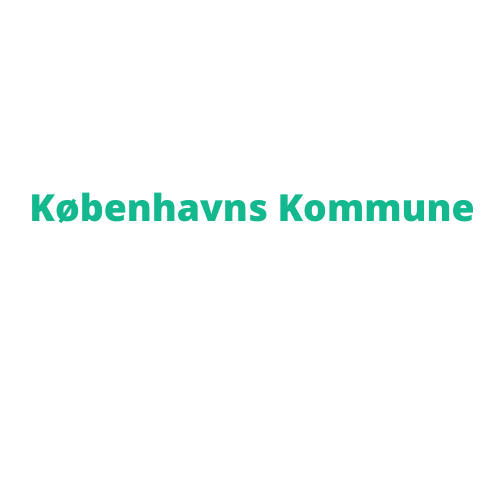Ethical guidelines of the seminar
PERSPECTIVES ON complex complicities – towards antiracist feminist stages
What is it?
Complex complicities is a small but very important step towards creating Nordic discourse about antiracist and feminist practices in Nordic contemporary stages. Helsinki-based antiracist and feminist arts community UrbanApa joins HAUT in creating a 2 day seminar in Copenhagen with the theme Complex Complicities – towards antiracist feminist stages.
Complex Complicities is a part of BRIDGES, a project designed to strengthen sustainable and long-term Nordic collaboration in the realms of antiracist and intersectionally feminist practices. The project is funded by Nordic Culture Point and produced by UrbanApa arts platform based in Helsinki.
The seminar is supported and hosted by HAUT, a performing arts organization based in Copenhagen.
The seminar is a space for new viewpoints and experiences, but the atmosphere must also remain respectful, safe and inclusive.
FREEDDOM AND RESPONSIBILITY
No one should make assumptions of or question someone's background, gender or experiences. Everyone has the right to share what they feel is necessary and meaningful about themselves.
Every actor on the platform (guests, participants, artists, producers, technical staff, facilitators and other content producers) is treated equally and respectfully.
Discrimination and any kind of harassment, sexual or otherwise, are strictly forbidden. This includes language. We do not use discriminatory, subordinating, repressive or offensive terminology (different slurs and invectives), not even in examples or to describe something.
HAUT and UrbanApa are co-hosting the seminar, and are responsible for the seminar as a whole, but every guest is responsible for their own work. This means that these ethical guidelines have been observed and every participant and guest is aware of them.
In conflict situations, the the representants from HAUT and UrbanApa have the right to intervene in a programme's content.
We are not perfect, and sometimes (or often) we fail. We therefore urge everyone to take responsibility for their words, actions and even failures. Dealing with complex and painful things can be emotional. A few pieces of advice regarding this:
- in accordance with intersectional ways of working, it is good to acknowledge your own privileges
- we come from different experiences, cultures and situations in life, we differ in opinion
- we acknowledge that language is imperfect and we are bound to have misunderstandings: sometimes we use different words to describe the same things, or vice versa, same words to describe different things
- we recognize and acknowledge our failings and the subjects we do not understand
- sometimes we utter painful things through emotion, but this should not lessen the importance of the message
- we seek to interact with others respectfully despite our differences of opinion
- we disagree on things, criticize structures and working methods, but we treat other people with respect
- at times, it is good to take a small break and just breathe
- at times, we need outside help to make sense of things
- at times, “sorry, I acted offensively, I will think on it and do better next time” is a good start
WHAT IS DISCRIMINATION?
A simple definition of discrimination is that a person is treated unfavourably, or someone's character is defamed in a way that is connected to at least one of the following grounds:
- gender
- transgender identity or non-normative gender expression
- cultural or ethnic background
- religion or other conviction
- functional ability
- sexual orientation
- age
- nationality
- origin
- language
- appearance
Discrimination can be direct or indirect. Inadequate accessibility, harassment (sexual or otherwise) and instigation of discriminatory practices are also types of discrimination.
WHAT IS HARASSMENT / SEXUAL HARASSMENT?
Everyone has the right to not be sexually harassed while they're working, regardless of whether the harasser is a facilitator, employer, colleague, guest or other content producer.
Harassment is an action that offends a person's honour and is tied to one or more of the grounds of discrimination mentioned above. Harassment can be holding someone up to ridicule, or demeaning generalisations that are connected to grounds of discrimination. Harassment can also by nature be sexual. In addition to comments and words, this can include unwanted touching, meaningful glances, groping, jokes, suggestions and sexual images. It can include sexually-toned language. It can also include unwanted compliments, invitations or innuendos.
Sexual harassment differs from normal flirting in that the former is unwanted. The target of harassment determines whether or not the behaviour is offensive and defamatory.
IF YOU NOTICE A PROBLEM
If there is a problem / something we should know about please contact Betina Rex, acting artistic director at HAUT.
We will do our best to help you.
Thank you for working with us!



